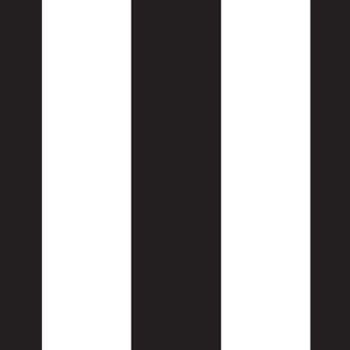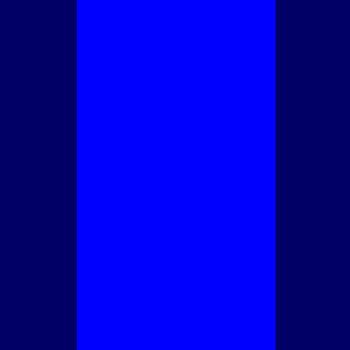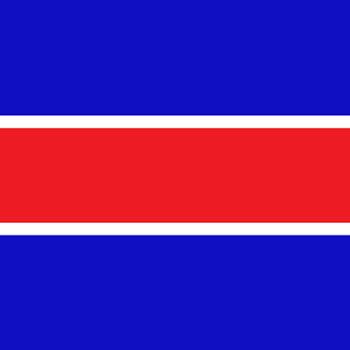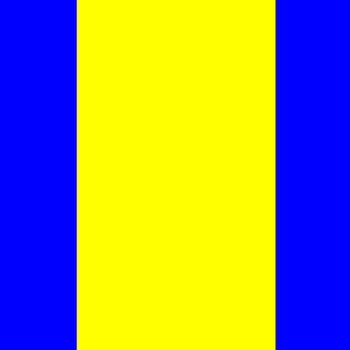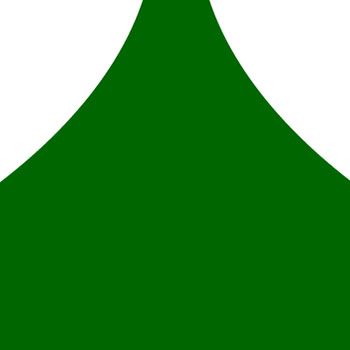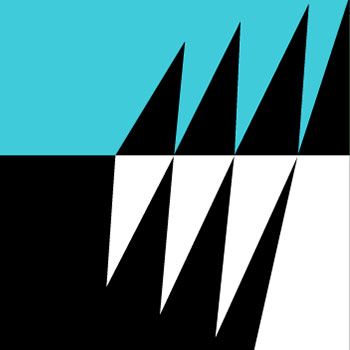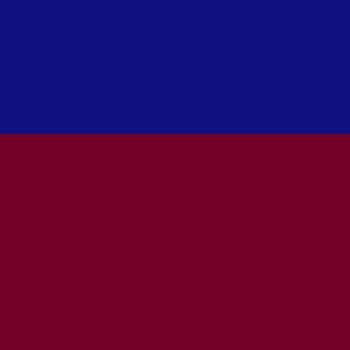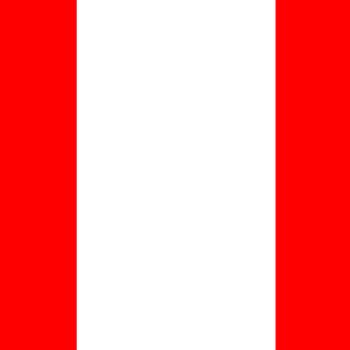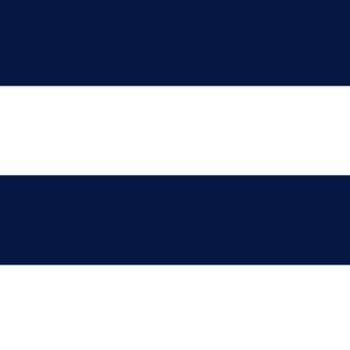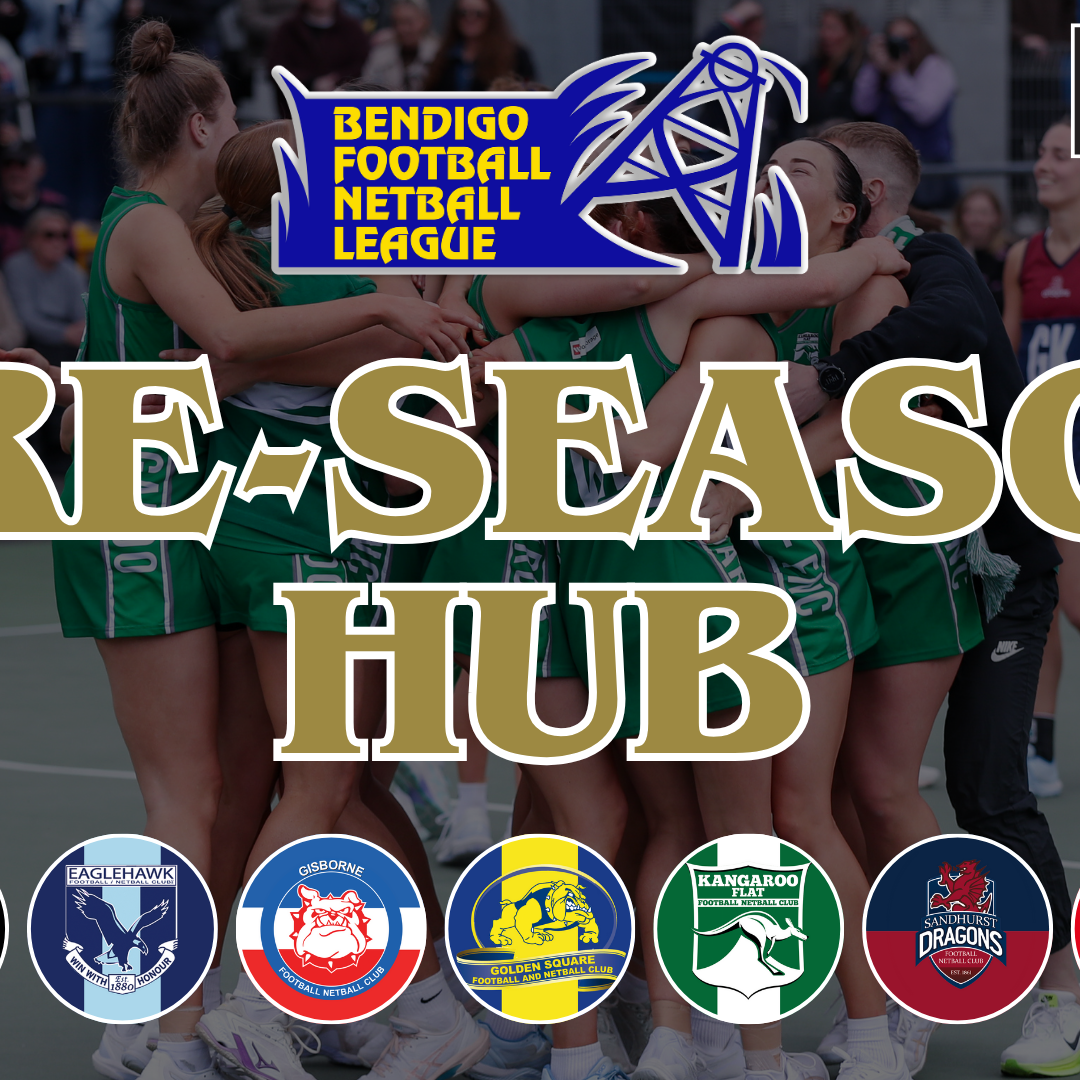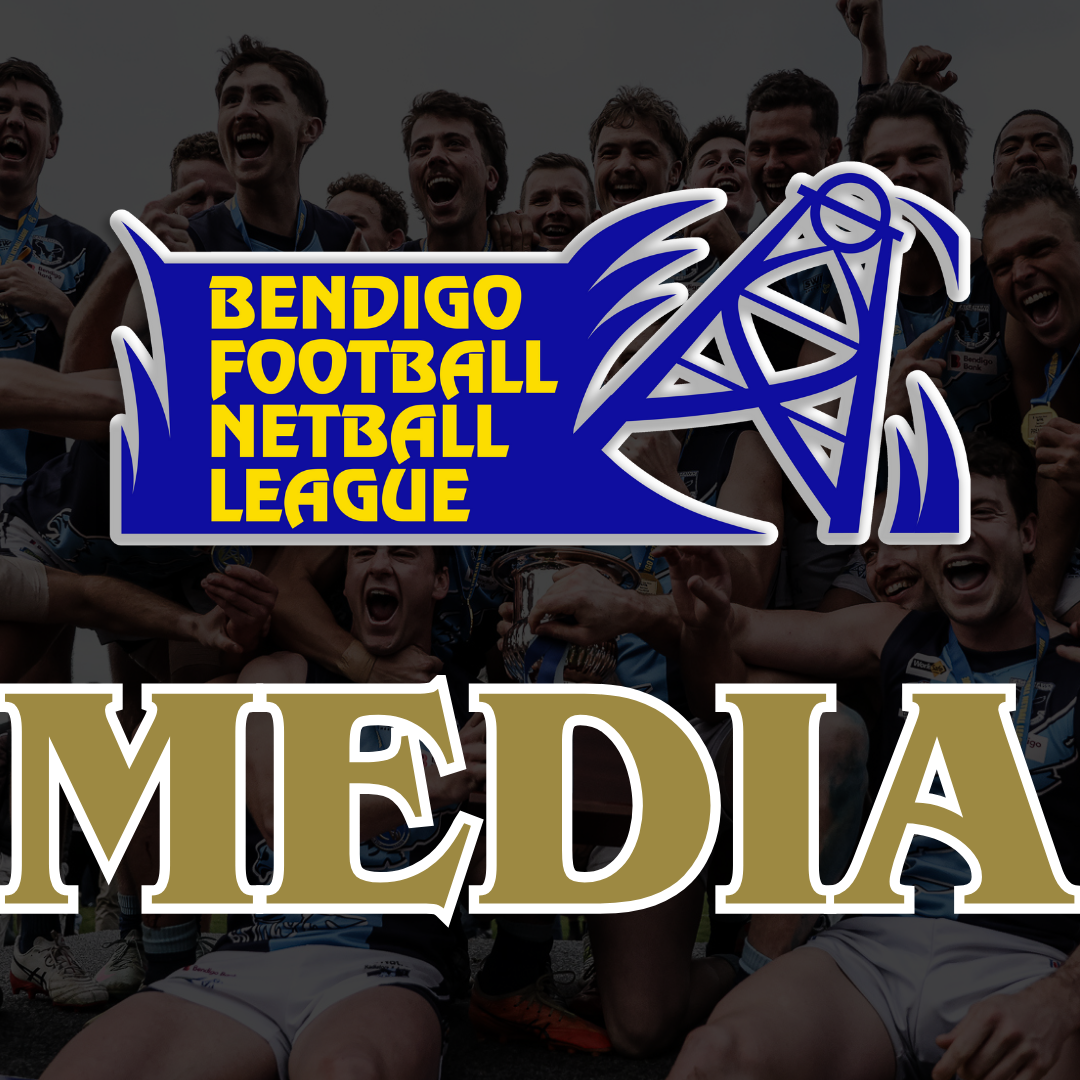Mixed results in 1979 for BFL rep. footy side
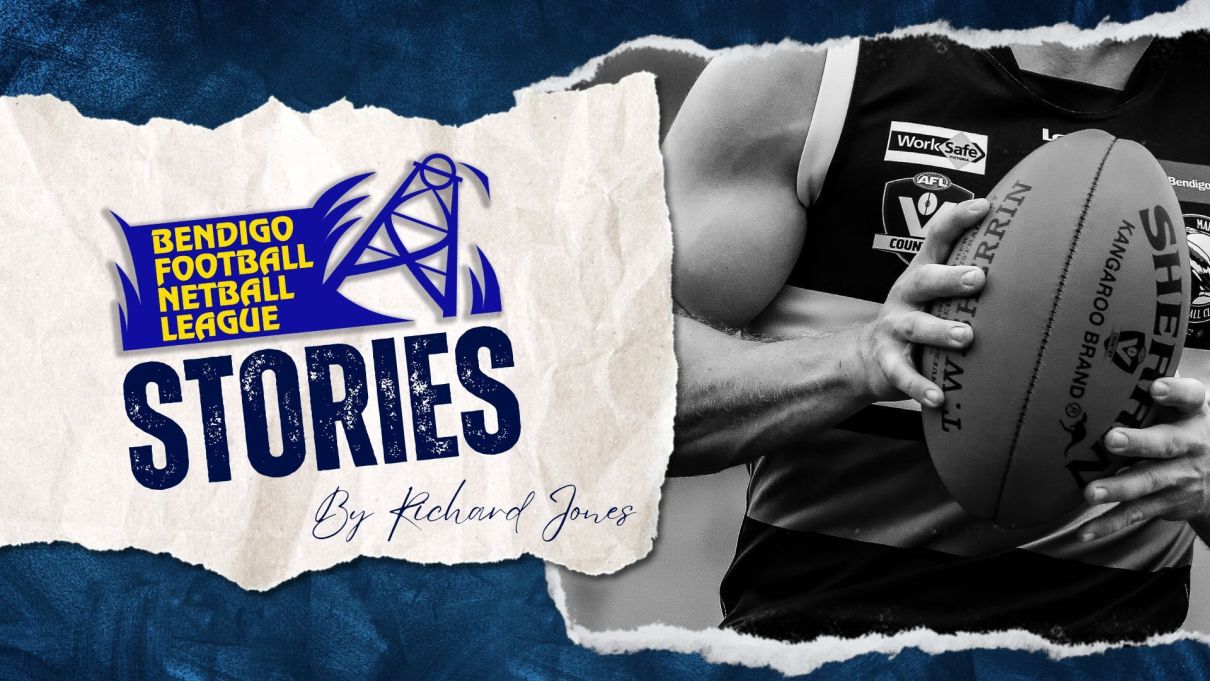
One season before the upheaval which led to the formation of the Bendigo Golden City F.L. our local league had enjoyed a relatively successful year.
It was a pretty busy season for the BFL with inter-league footy under the leadership of senior coach Peter Crossley and selectors Robert Ross (Cm) and Bob Southcombe (GS).
The Blue and Golds scored two wins and a loss in the preliminary rounds, plus then progressing to the semi-final and ultimately the grand final.
Overall scores, Rd. 1: BFL 16.21 def. Hampden 7.14. Rd. 2: Latrobe Valley def. Bendigo 20.15 (135) to 11.6 (72). Rd. 3: BFL 18.21 (129) def. Western Border 14.11 (95), at Hamilton.
Semi-final: Bendigo 17.16 (118) def. Wimmera 17.11 (113) with the last kick of the day, at Horsham.
Grand final at QEO: Latrobe Valley 15.12 (102) def. BFL 9.15 (69).
In his annual report league president Ned Flood remarked it had been “a reasonably successful year on the inter-league series with the league in front by £7,000 ($14,000) in prizemoney all up.”
Mr Flood expanded on his inter-league thoughts by pointing out that the BFL consisted of only seven clubs whereas “we played against leagues with 10 clubs, so I felt the results reflected on the high standard of play in our competition.”
Back on the home front and the BFL boss seemed worried about poor attendances at club home-and-away matches.
“Attendances overall have not always been what ideally we would like, but this can be put down to the imbalance of our clubs, plus bad weather in the finals series.
“And our grand final was impacted by the televised live replay of the VFL grand final [Carlton 11.16 (82) def. C’wood 11.11 (77)], so we’re hoping for a much better year next season.”
Final ladder for 1979, Top Four: Golden Square 17 wins, 1 loss, 233.3%; Sandhurst 13-5, 160.27%; Eaglehawk 12-6, 116.84%; Castlemaine 9-9, 100.99%.
Bottom three: South Bendigo 8-10, 93.20%; Kyneton 2-16, 58.34% and Kennington-Strathdale 2-16, 39.46%.
Scores in 1979 finals series -– 1st semi-final (at Camp Reserve): Castlemaine 14.12 (96) def. E’hawk 13.15 (93). 2nd semi-final: G. Square 14.15 (99) def. S’hurst 14.11 (95). Prelim. final (October 6th): Sandhurst 12.20 (92) def. C’maine 13.8 (86) and grand final (October 13th): Golden Square 21.14 (140) def. Sandhurst 8.15 (63).
Reserves grand final: Sandhurst 14.15 (99) def. Sth. Bendigo 4.10 (34) and under-18 grand final: South Bendigo 6.10 (46) def. Sandhurst 4.7 (31).
Plus here are the BFL league officials and the delegates for each club at that historic AGM, 45 years ago.
Many of these folk are no longer with us, so see how many of them you can remember.
League, president: Ned Flood. Senior vice-president: Bob Southcombe. Junior vice-president: Robert Ross. Secretary/treasurer: Ken Anderson. Assistant secretary/publicity officer: Jim Miller. Tribunal and clearance secretary: Harrie Sims.
Delegates, Golden Square: Ian Phillips, Bob Southcombe. Sandhurst: Leigh Cowling, Brian Geary. Castlemaine: Doug Cracknell, Robert Ross. Eaglehawk: Mac Elvey, Gordon Hopgood. South Bendigo: George Kupke, Terry Moyle. Kyneton: Stan Plowman, Geoff Allan and Kennington-Strathdale: Bob Murrell and Peter Harrick.
[Kennington historian Peter Harrick is still with us and last year I covered a South game at Neale St. with 96-year-old George Kupke in his car, watching on.]
Major award winners for ’79 season --- Michelsen Medal: Peter Tyack (Sh) and Eric Pascoe (GS) joint winners on 14 votes.
South’s Gary Cowling also finished on 14 votes but was beaten on a countback. He’s been recognised since and was deservedly awarded a posthumous Michelsen a couple of seasons back to make it three joint winners for 1979.
Leading goalkicker for 1979 --- his 8th top finish by that stage --- was Ron Best (GS) with 132 majors while Steve McKerrow (S’hurst) finished second on 101 goals.
Back then the medal, with Ron still alive and kicking, was known as the Bob Chappell Memorial Trophy
Alan McDonald trophy for reserves fairest and best: Colin Cooney (Kyn) with 20 votes.
George Symons trophy for fairest and best in the under-18s: Gary Patterson (Sth. Bgo) on 16 votes just ahead of Sandhurst’s Mark McErvale who tallied 15.
And one award to mark down. Best first year player in the BFL for 1979 was Eric Pascoe (GS) who took home the Brash Sutton award.
Four businessmen had banded together to sponsor a public vote award. They were Peter Keogh, Geoff Friswell, Bob Roberts and Gavin Johnson and their public $1,000 vote for the league’s Most Popular Player went to Shane Cowling of Castlemaine.
Prolific award winner Garry Mountjoy of Golden Square won the Bendigo Advertiser fairest and best award from Gary Evans (Eaglehawk) with another Borough star, Alan ‘Bruiser’ Williams, in third place.
And four league life memberships were bestowed at that 1979 AGM with South’s Bruce Marrett and Harry Watts, Eaglehawk’s Gordon Hopgood and Square’s Ron Best honoured.
Mr. Marrett (Sth. Bendigo) started off as a trainer with the Bloods straight after WW2 and stayed in that position until 1953.
He was also prominent with training duties for BFL inter-league sides and after ill health forced him to relinquish his training duties in the late 1950s he was the BFL timekeeper for Caltex Championships inter-league matches in 1961-62.
He continued on as timekeeper until 1979 giving Mr. Marrett an involvement with South and the BFL for 28 years.
Gordon Hopgood started off at Eaglehawk as under-18 coach in 1960, remaining in that position for three seasons.
He’d been involved with the Bendigo Umpires Association for 12 years before starting out at Canterbury Park.
Finishing with his coaching duties Mr. Hopgood joined the Eaglehawk F.C. as a committee man becoming senior vice-president later.
Gordon served as a BFL delegate for a number of seasons, was on the umpires and permits committee and eventually was installed as an Eaglehawk life member in 1971.
Harry Watts (Sth. Bendigo) coached the senior Bloods in 1979 and having played 200 matches in the top grade was awarded his instant league life membership.
Harry had also coached Castlemaine for a brief period before returning to the Bloods.
Although dogged by injuries in the later Seventies Harry still managed his 200th game in 1979.
Ron Best (G. Square) also achieved the 200-game milestone and his footy career makes interesting reading.
He’d started out with the Square, had moved to North Central F.L. club Charlton as senior coach, and then returned to the BFL as Sandhurst senior mentor.
He successfully led the Dragons to a BFL flag in ’77 before switching back to the Square and took them to the 1979 BFL premiership.
Ron had nailed 100 goals or more ten times and according to the 1979 BFL annual report rated as Victorian country footy’s most successful goalkicker ever.
Of course, although it hadn’t happened by 1979, Ron went on to play with another North Central F.L. club in Boort before ending his prolific career with a 1984 BFL premiership medal as Northern United’s spearhead, nailing 11.4 in his final match.
